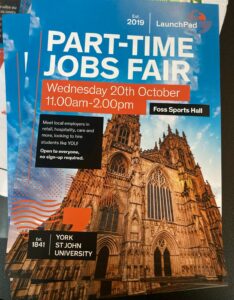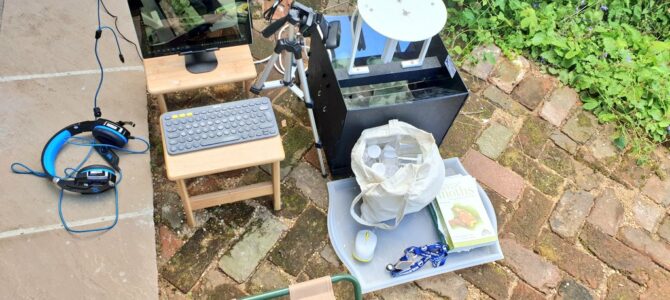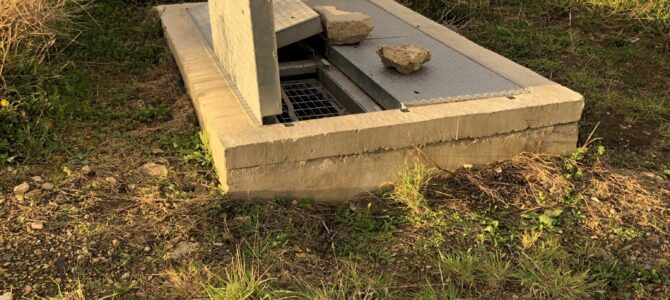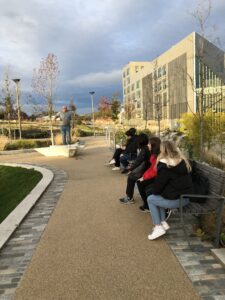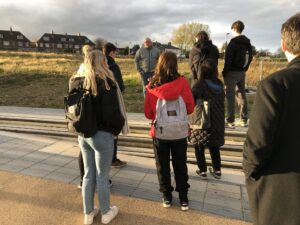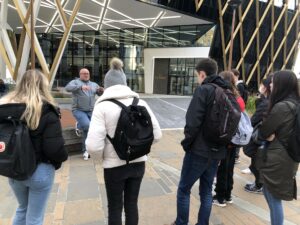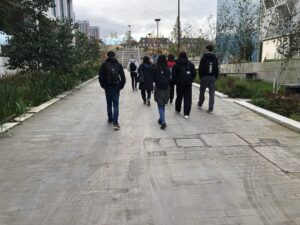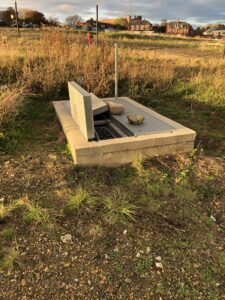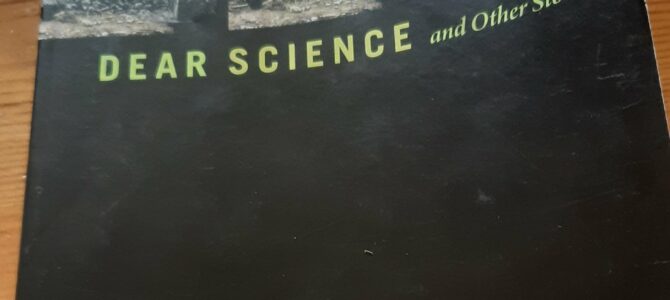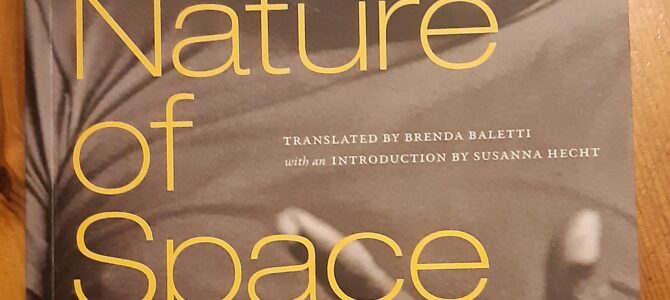By Francisca Rockey During the summer of 2022, I interned at Oxford University’s Natural History Museum (OUMNH) as part of their Undergraduate Bursary scheme. OUMNH houses a large collection of natural history specimens, as well as archives from the likes…
Thalia Waste Management – Student Site Visit
By Mia Wright
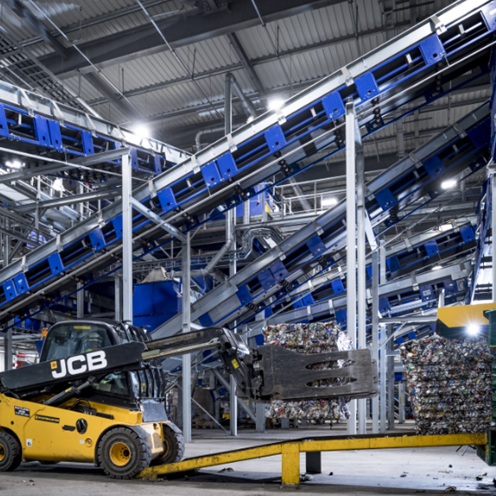
On the 21st May 2024, Palo Wood and I (second-year Environmental Geography BSc students at York St. John University) were invited to visit the Allerton Waste Recovery Park outside Knaresborough. Operated by Thalia Waste Management, this site delivers a range of environmental and waste management services. These include waste collection and treatment, undertaken for many years and often in collaboration with local authorities, communities and businesses across the UK.
On arrival, we were met at the local train station by the wonderful Educational Waste Management Officer, Laura Cooke. Laura briefed us on all health and safety measures before entering the site and presented us with information about how the Recovery Park is run, including key facts about food waste and appropriate recycling methods. We learnt how Thalia Waste Management control pollution levels produced in the course of their Energy from Waste processes using an advanced filter system to ensure emissions are in line with World Health Organisation limits.

After Laura’s presentation, we kitted-up in our PPE and were taken around the site to see how the machinery works. We saw conveyor belts full of household waste and spotted many ‘reusable’ shopping bags due to their identifiable orange colour! Palo and I were then lucky enough to be invited to to have several conversations with members of the the team that manage the site. We learned how staff deal with temporary power cuts (this happened whilst we were visiting – just our luck, only the second incident in 2 years!) and incorrect waste coming onto the site. We ended our day by having a conversation with Suranjan Ghosh, Operations Director at Thalia Waste Management. He was extremely invested in Thalia’s message about seeing waste not as rubbish but a resource: to be reused, recycled, or turned into energy!
I would like to thank Laura Cooke and Suranjan Ghosh at Thalia Waste Management, and Dr Olalekan Adekola at York St John University – as well as everyone we met at Allerton Waste Recovery Park – for enabling us to have such an insightful and interesting site tour. If you want to know more, you can take a virtual tour of the site, or even book your own visit!
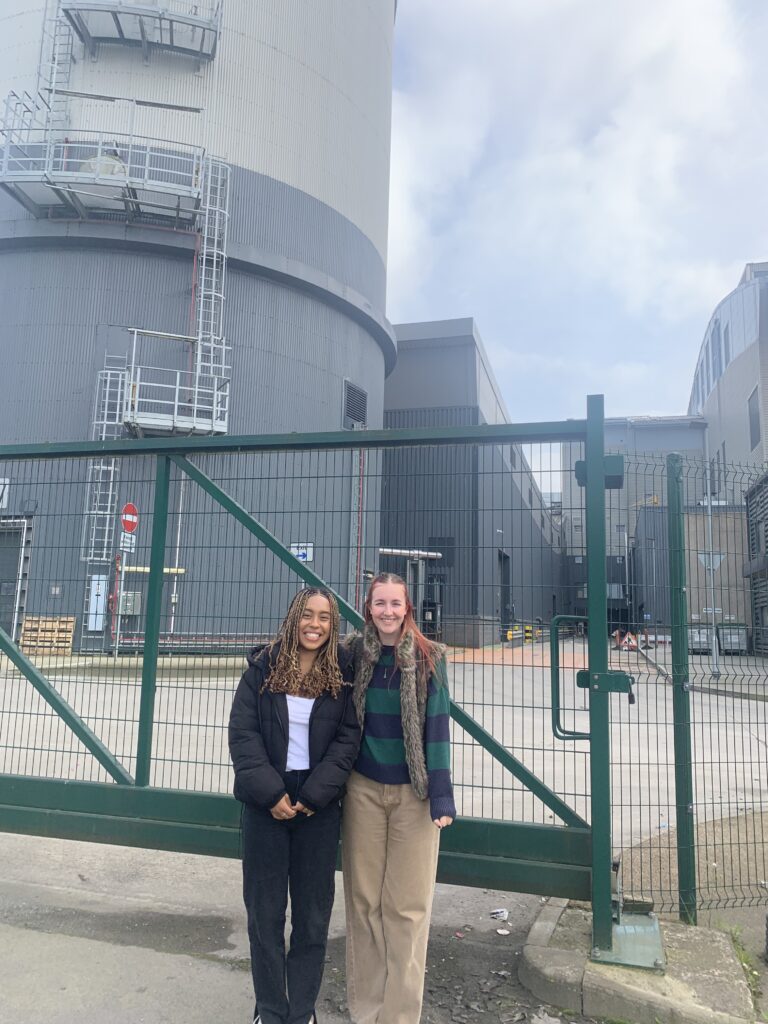
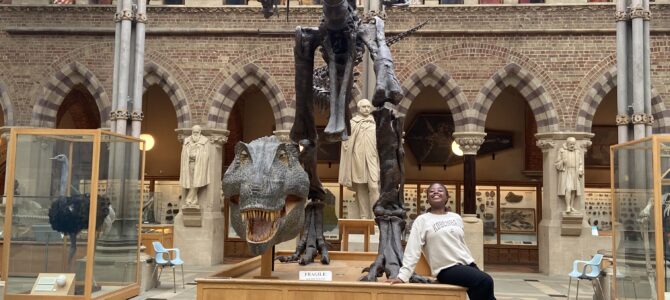

 Hello! I’m Jess, and I studied Environmental Geography BSc at York St John University. I finished earlier this year (May 2021), but due to the pandemic, my graduation ceremony has been postponed until February 2022. I now work in the Student Opportunities team full-time at YSJ, with my job title being ‘Student Success Graduate Intern’, a role that involves co-ordinating internships, running social media, organising events, and helping students and graduates volunteer or find work. Recently, I was successful in my application to become a volunteer Student Event Organiser for The British Ecological Society and The Linnean Society of London, assisting in the execution of their Student Futures and Research conference to be held in March 2022. I also study for a Masters part-time. My MA is in International Heritage Management with the University of Birmingham, and it is entirely distance learning, which suits me well as I am very busy – as you can see!
Hello! I’m Jess, and I studied Environmental Geography BSc at York St John University. I finished earlier this year (May 2021), but due to the pandemic, my graduation ceremony has been postponed until February 2022. I now work in the Student Opportunities team full-time at YSJ, with my job title being ‘Student Success Graduate Intern’, a role that involves co-ordinating internships, running social media, organising events, and helping students and graduates volunteer or find work. Recently, I was successful in my application to become a volunteer Student Event Organiser for The British Ecological Society and The Linnean Society of London, assisting in the execution of their Student Futures and Research conference to be held in March 2022. I also study for a Masters part-time. My MA is in International Heritage Management with the University of Birmingham, and it is entirely distance learning, which suits me well as I am very busy – as you can see!